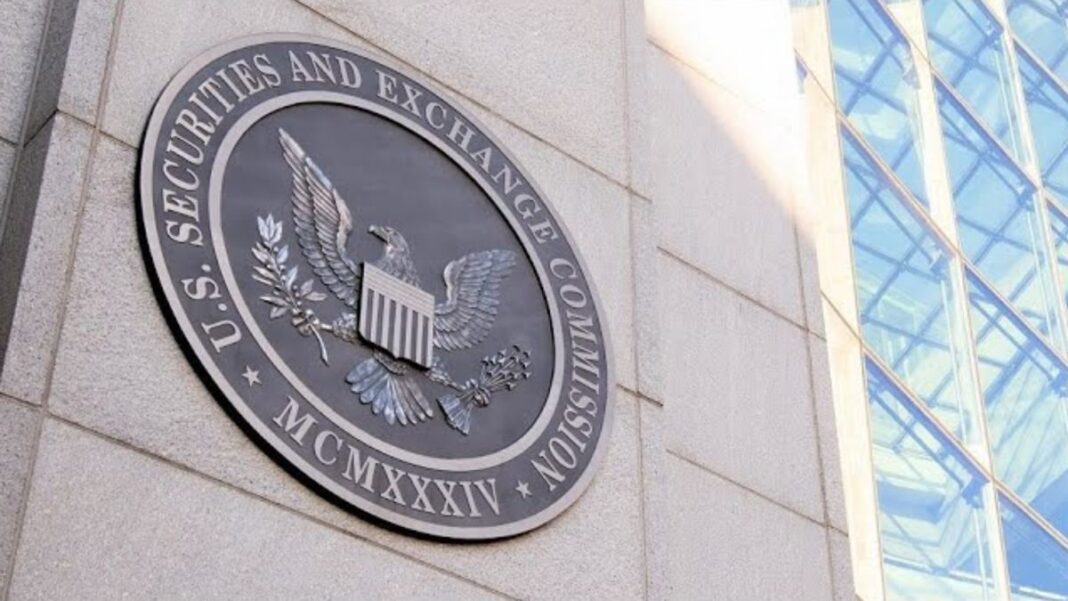
The court ruled 6–3 that the SEC cannot use its in-house administrative tribunals to enforce civil penalties.
The Supreme Court ruled against the Securities and Exchange Commission’s (SEC) use of in-house administrative courts, holding that defendants who face civil penalties must receive a jury trial under the Seventh Amendment of the Constitution.
“A defendant facing a fraud suit has the right to be tried by a jury of his peers before a neutral adjudicator,” reads the majority opinion, authored by Chief Justice John Roberts, He added that investment adviser George Jarkesy, who brought the suit, and his firm “are entitled to a jury trial in an Article III court.”
The case, SEC v. Jarkesy, was one of several challenging the administrative state’s power in the 2023–2024 term. The agency penalized Mr. Jarkesy for violating securities fraud law. He challenged the courts for their lack of juries and for allegedly not receiving proper authorization from Congress.
Chief Justice Roberts was joined in the 6–3 decision by Justices Samuel Alito, Clarence Thomas, Neil Gorsuch, Brett Kavanaugh, and Amy Coney Barrett. Justice Sonia Sotomayor penned a dissent, which was joined by Justices Ketanji Brown Jackson and Elena Kagan.
“Today is a great day for the Constitution, for the legal process, and for the rule of law,” Mr. Jarkesy said in a statement on June 27.
“The ramifications of this case are so much bigger than one person. If this could happen to me, it could happen to any citizen of this country and after a decade of gross misconduct and blatantly unconstitutional political attacks from the SEC and their in-house court, today the United States Supreme Court ruled that the Constitution still matters.”
Sotomayor’s Dissent
The dissent described the majority as engaging in a “power grab” and worried about the implications for separation of powers.
“The majority pulls a rug out from under Congress without even acknowledging that its decision upends over two centuries of settled Government practice,” Justice Sotomayor wrote.
She said the majority took on a “mistaken conclusion that Congress cannot assign a certain public-rights matter for initial adjudication to the Executive because it must come only to the Judiciary.”
By Sam Dorman








